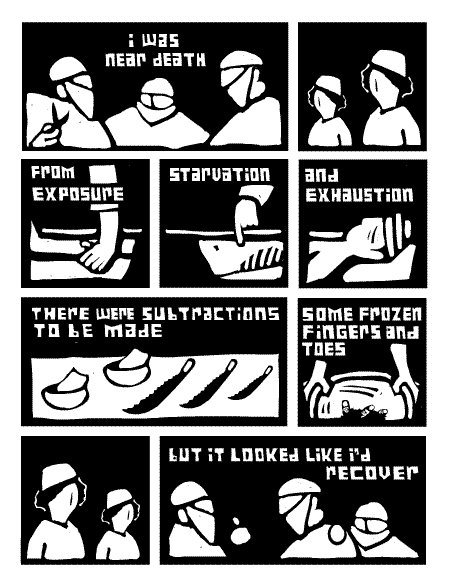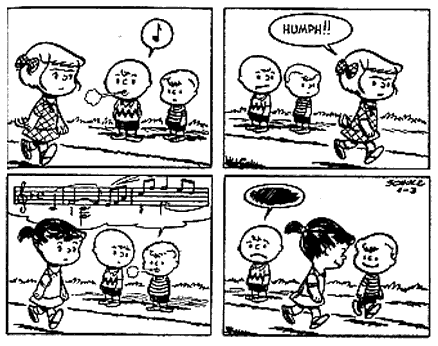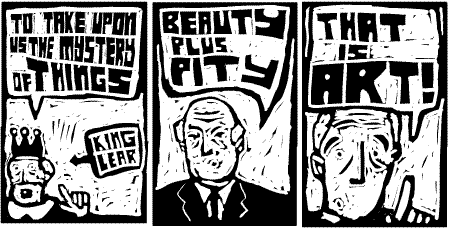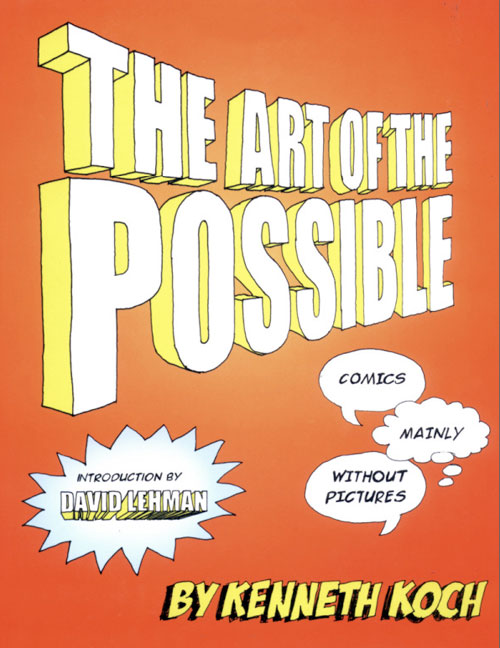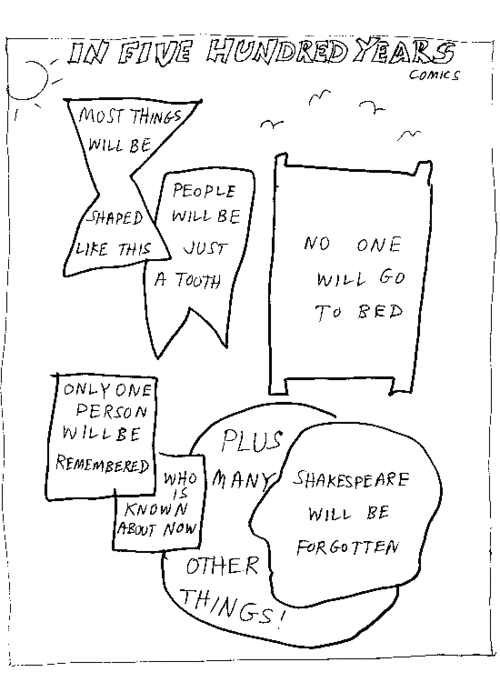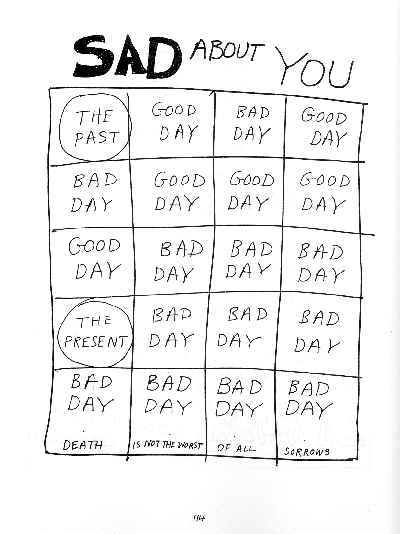It seems like just about everybody has the plague these days, and over at our place it’s no different. I spent the weekend recovering from the crud, watching the Star Wars trilogy on DVD, reading comic books and Elmore Leonard, and eating like a hog. (Starve a fever, feed a cold.)
The best thing about the trilogy box set is a 2 1/2 hour long documentary called Empire of Dreams. It mostly focuses on the first movie, but it does a pretty amazing job at putting Star Wars — which seems like it came out of nowhere — into a context.
What interested me the most was the huge role played by Ralph McQuarrie, a conceptual design artist who Lucas hired to make paintings of several scenes (including C-3P0, R2-D2, a lightsaber battle, stormtroopers, and Darth Vader) so that Lucas could take them to the studio and say, “This is what it’s going to look like.” Essentially, McQuarrie’s drawings sold the movie, and got the thing made, but not only that, he created the look of the films. He took what was in Lucas’s head, and made it come to life.
Pictures trumped words.
You can see a bunch of these things at McQuarrie’s website.
Other inspiration from the weekend? Check out Tom Gauld’s Guardians of the Kingdom:
I love pretty much everything that I’ve seen from him.
And I can’t say it enough: if you haven’t read Elmore Leonard before, you are in for a real treat. Killshot is about to come out as a movie.
Ok, that’s all I can think of. Between wedding plans, GRE, and grad school apps, there’s not much time for anything else, but maybe I’ll put something pretty up this week.








